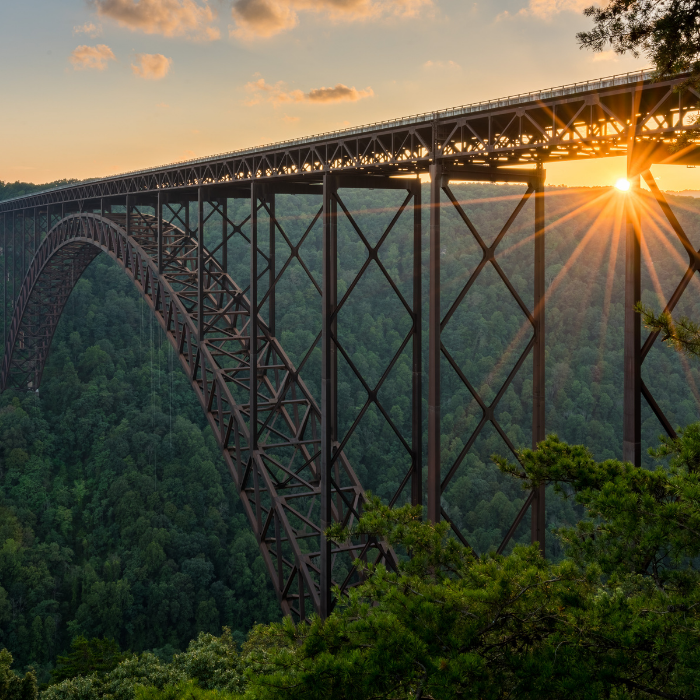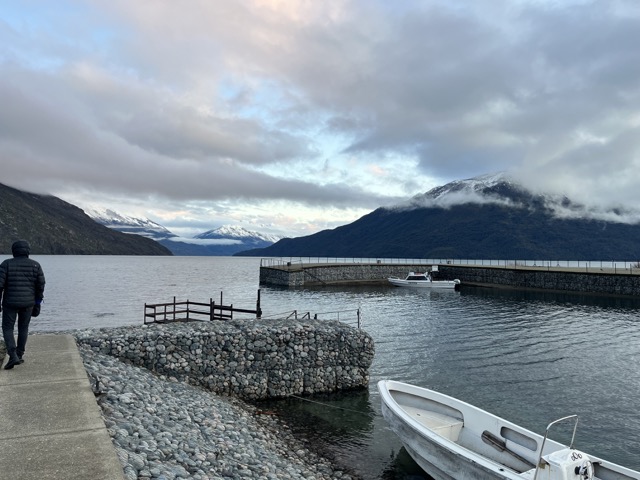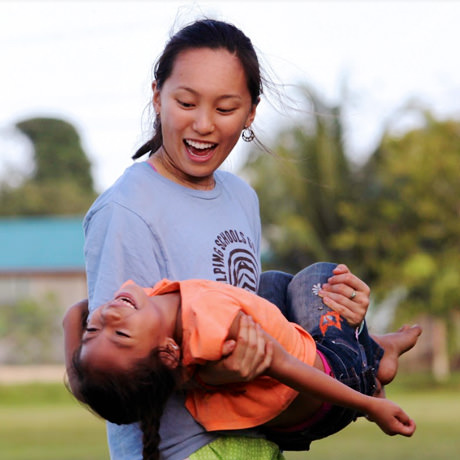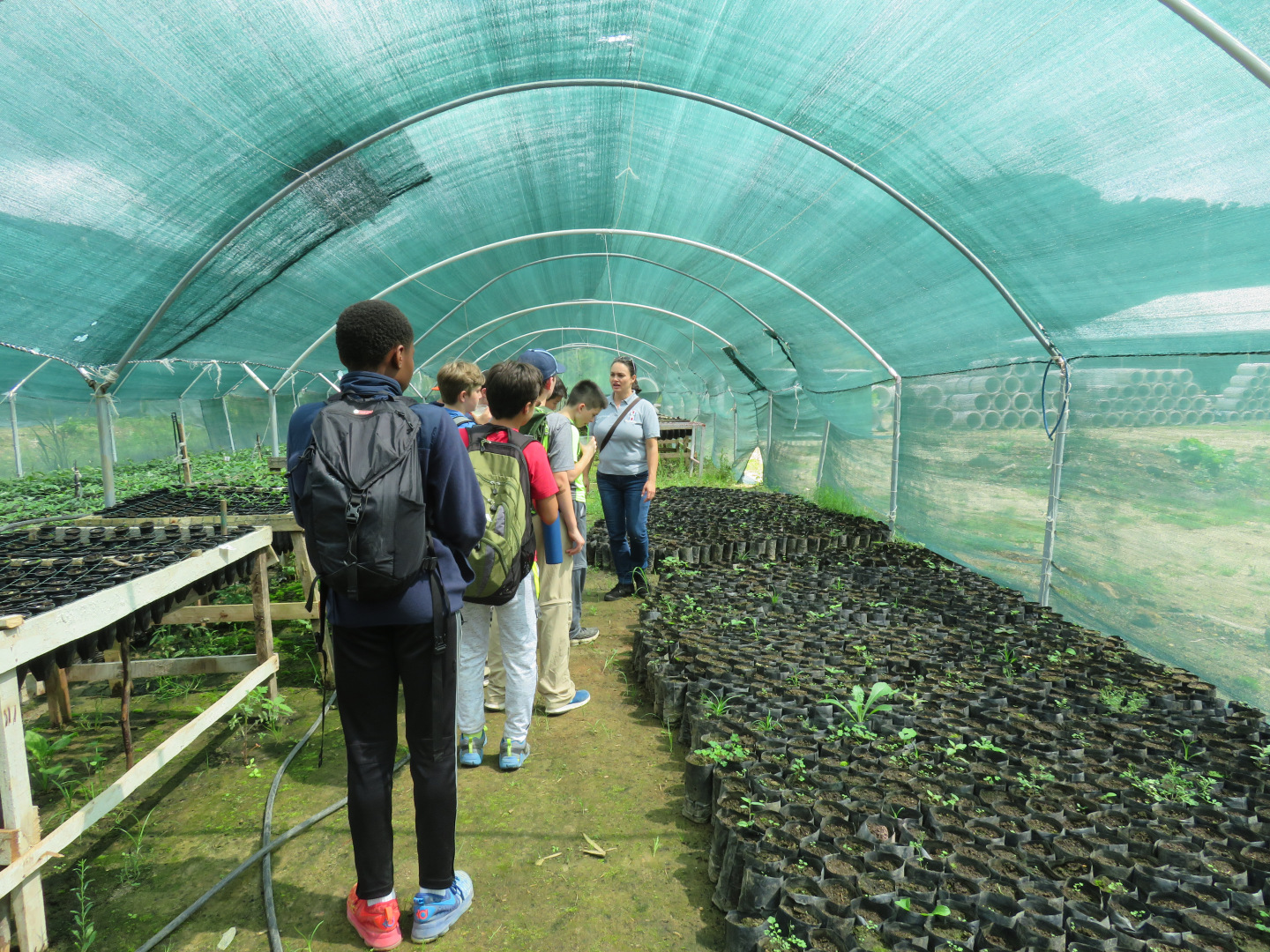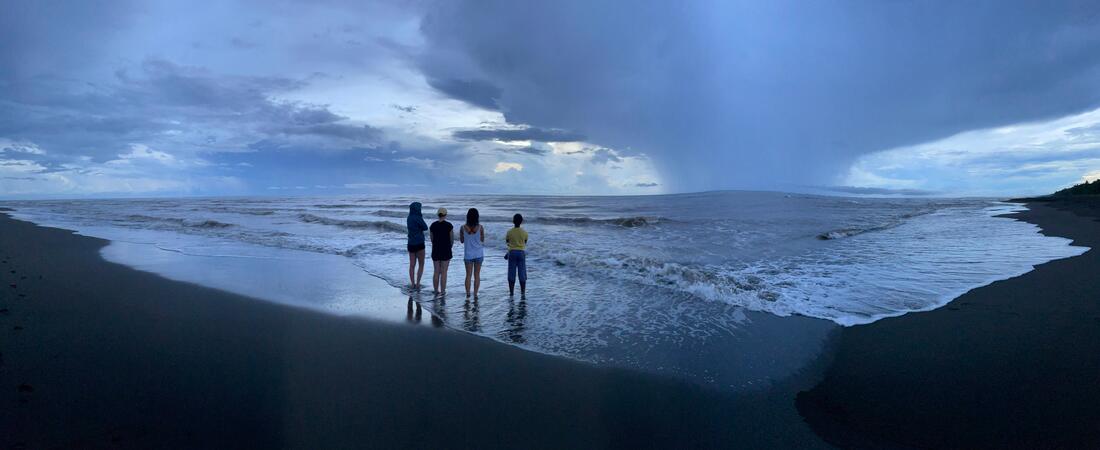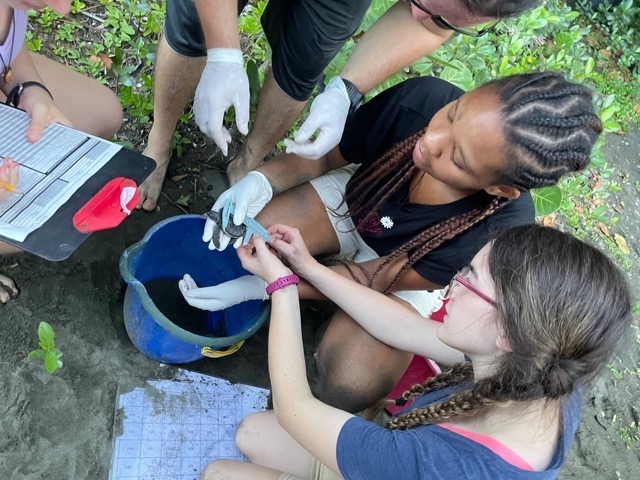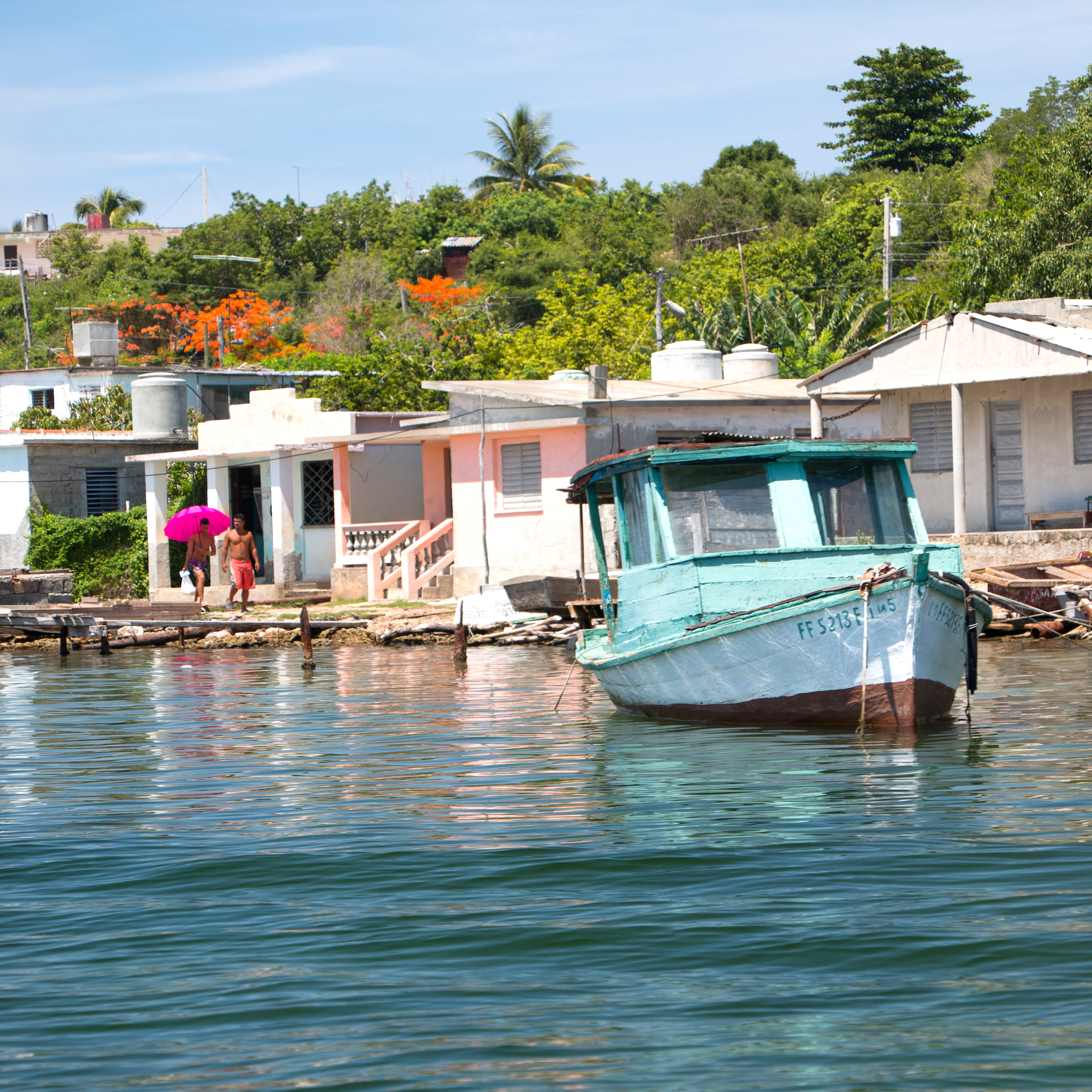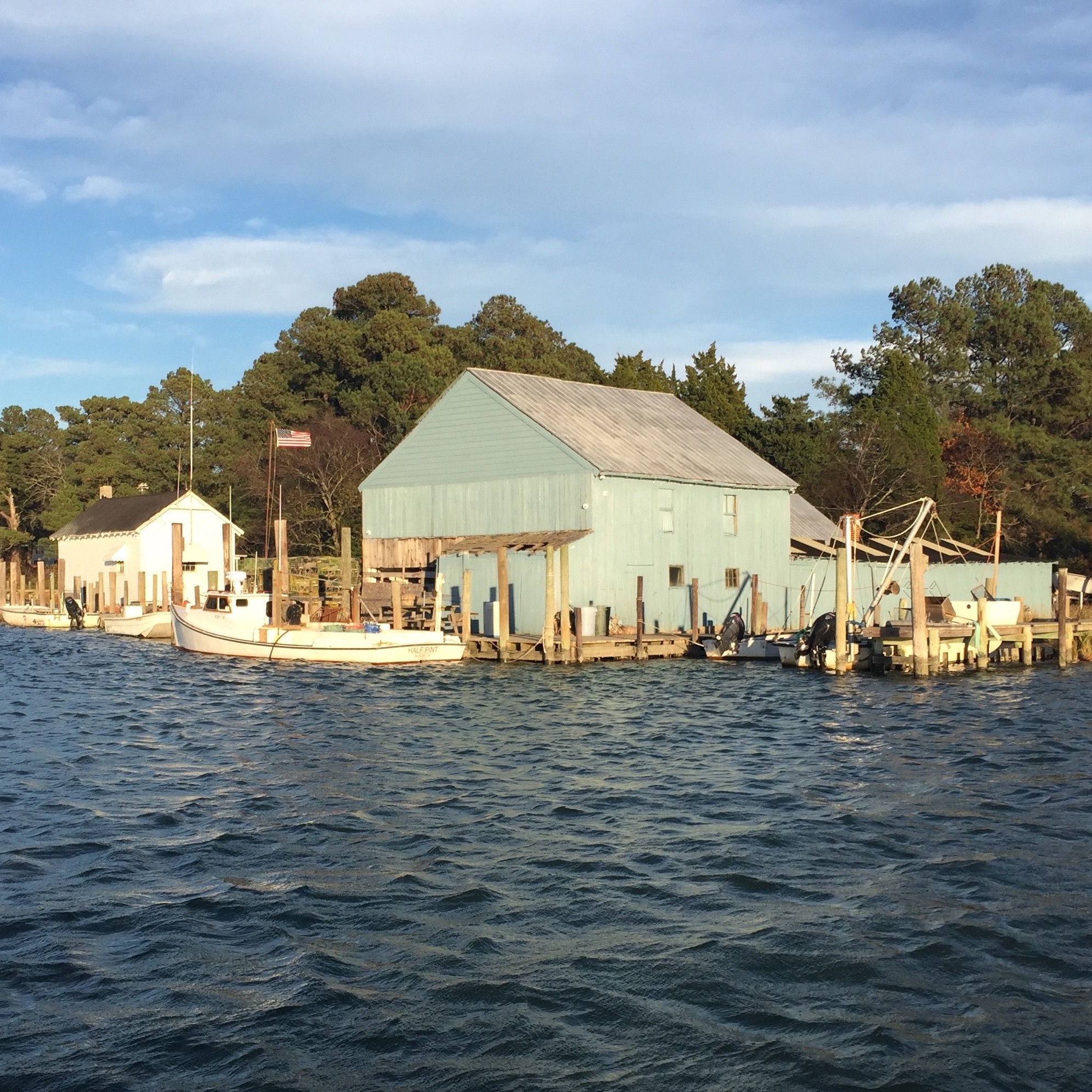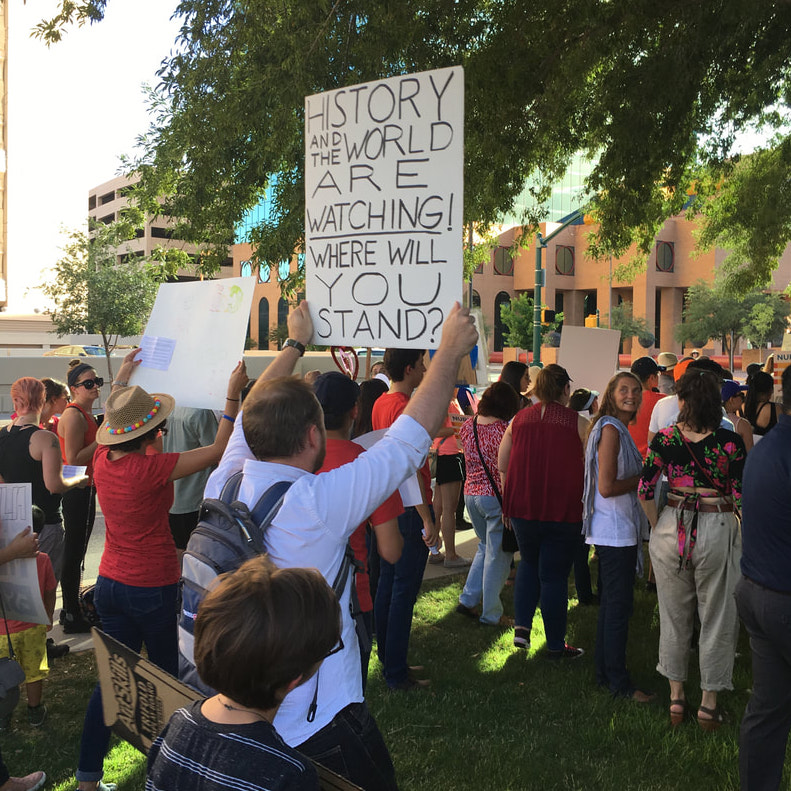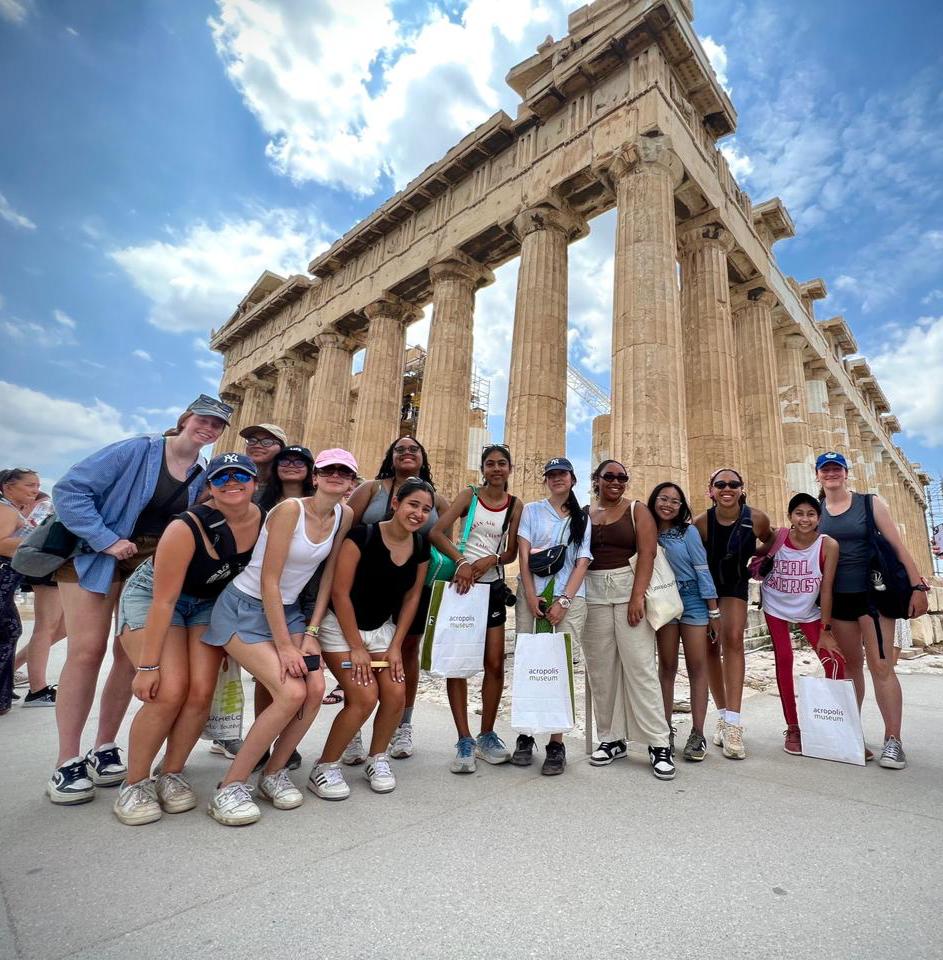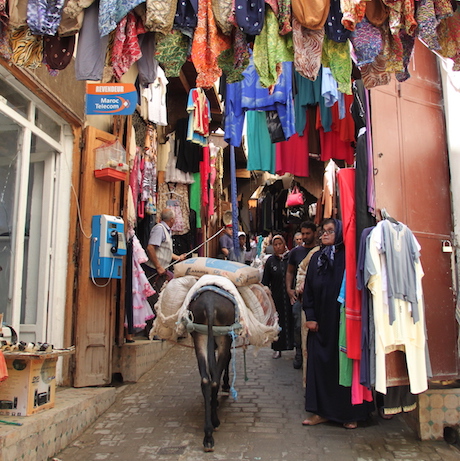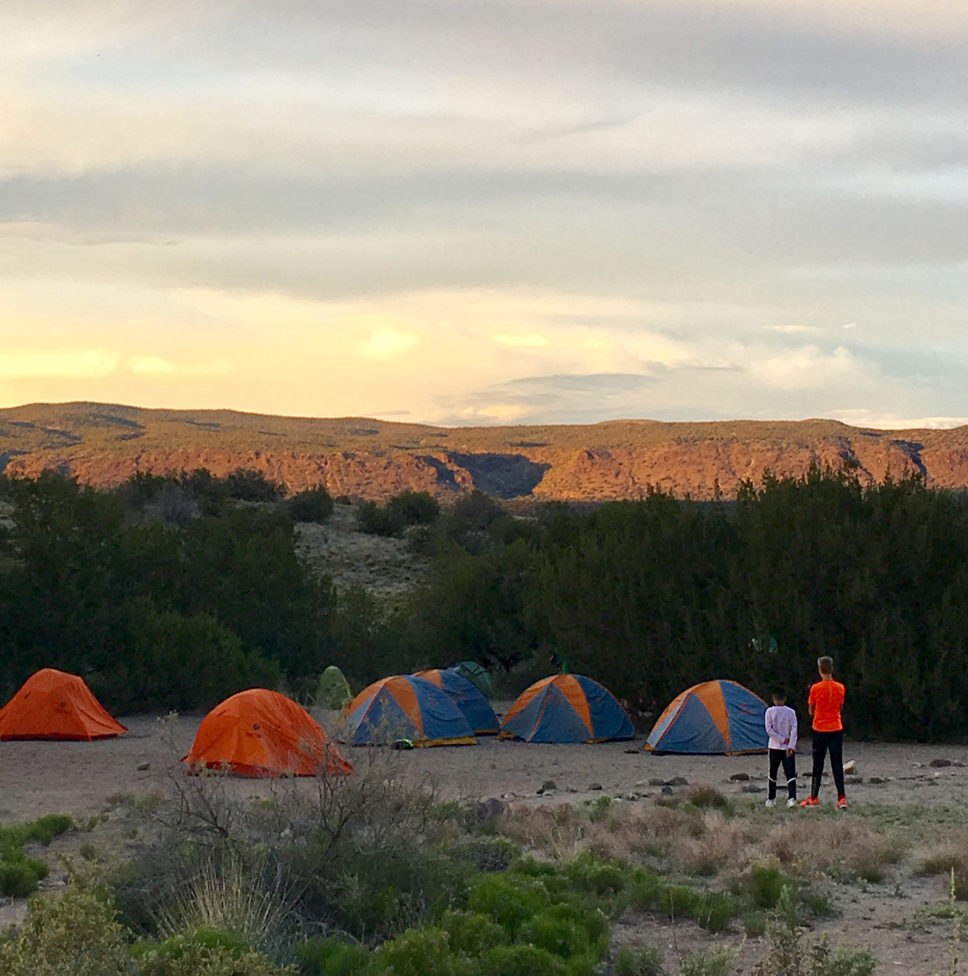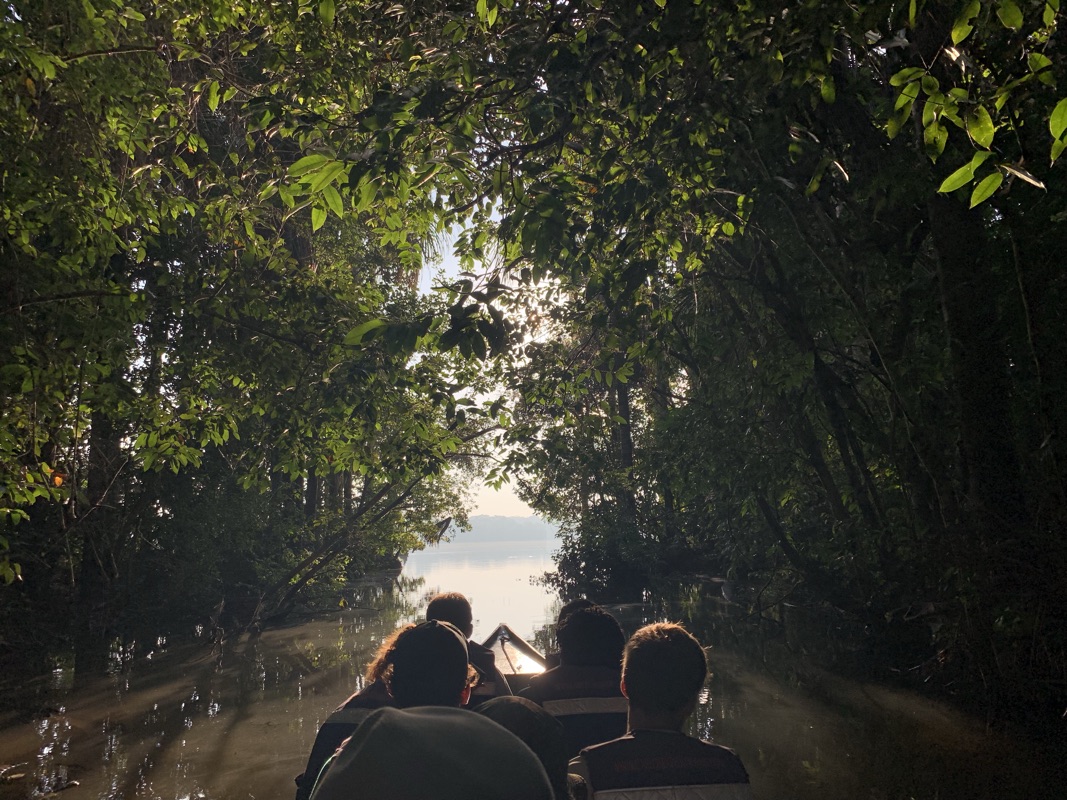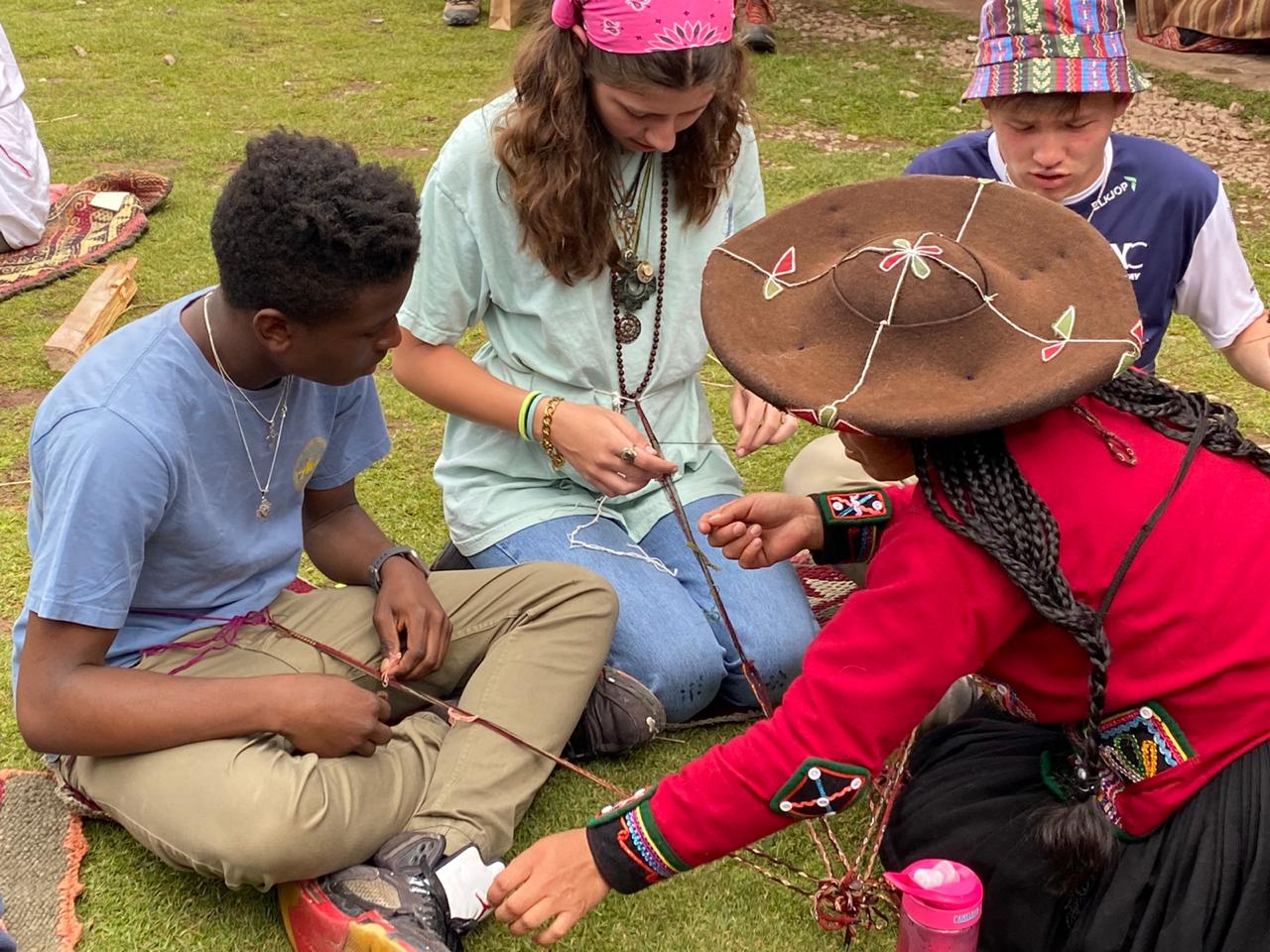Appalachia
The mountains between Virginia and West Virginia are at the heart of Appalachia, a culture that stretches from Alabama to New York state. The area has been defined by its problems: moonshining and family feuds in the past and opioid addiction and grinding poverty in the present.
In this program, we will deconstruct these stereotypes as we explore the vibrant culture beneath rolling mountains, deep hollers, and wild rivers. We dialogue and listen to community leaders. We meet families and study the work of nonprofits. Along the way, we discover the true challenges confronting Appalachia and explore emerging solutions. Each program varies according to time and learning goals but options include:
- Learn from Friends of Blackwater Canyon and other nonprofits in sustainable agriculture, renewable energy, and environmental preservation
- Contrast industrial farming with a visit to a sustainable farm in Staunton, Virginia
- Understand renewable energy initiatives in the region against a history of “mountaintop removal” coal mining
- Float and snorkel in the Maury River and learn about healthy river ecology
- Canoe Smoke Hole Canyon on the South Branch of the Potomac River
- Climb a via ferrata climb at Nelson Rocks
- Experience West Virginia’s truly wild environments by backpacking in Dolly Sods, or hiking around Spruce Knob and Seneca Rocks
We begin our journey, like many early settlers to the region, by crossing the Blue Ridge Mountains and dropping into the Shenandoah Valley. Any drive down the country roads crisscrossing this fertile valley will yield the same views or corn and soybean fields, which give way to large pastures anchored by dairy houses and chicken tunnels. Looking closer, we will find families interspersed between the company lots who are growing food the old way in an attempt to balance the needs of both the ecosystem and the community.
As we move deeper into the mountains, we learn about the region’s unique history of coal mining and forestry and understand the environmental and social impacts of these industries. Along the way, we talk to families, community leaders, and nonprofits. We understand how successful initiatives preserve the environment while also allowing people to preserve their way of life.
Change is slow. In 2008, West Virginia saw its largest annual production of coal and it has slowly decreased against a backdrop of opioid addictions, ghost towns created by closed mines, and destroyed watersheds. In a region defined by the commodities it can produce, the transition to cleaner forms of energy is often met with fierce resistance.
The final part of our program takes us through some of West Virginia’s truly wild environments, including a backpacking trip through Dolly Sods and day hikes around Spruce Knob and Seneca Rocks.
The safety of our programs rests on the experience and skills of our Staff, Country Coordinators and Instructors, who convene at our annual training in Colorado’s Arkansas Valley.
- The Staff of World Leadership School have decades of experience working in different educational environments. Their focus is logistics, risk management, program design, professional development, and consulting.
- Our Country Coordinators live and work year round in our overseas countries. They screen our homestay families, evaluate our transport and other service providers, and provide ground support for our groups.
- Our Instructors are veteran educators with extensive international experience. They have wilderness first responder training and often have past affiliations with Peace Corps, Outward Bound, NOLS, and/or independent schools.
We strive to responsibly manage risks. Our itineraries minimize highway travel and maximize immersion in communities that we know well. We update our risk management protocols, integrate feedback into program design, and invest in safety and communication equipment. Despite these efforts, World Leadership School cannot guarantee safety nor can it eliminate the inherent and other risks of international student travel. For information regarding program activities and associated risks, risk management, and student and parent responsibilities, please contact our office.


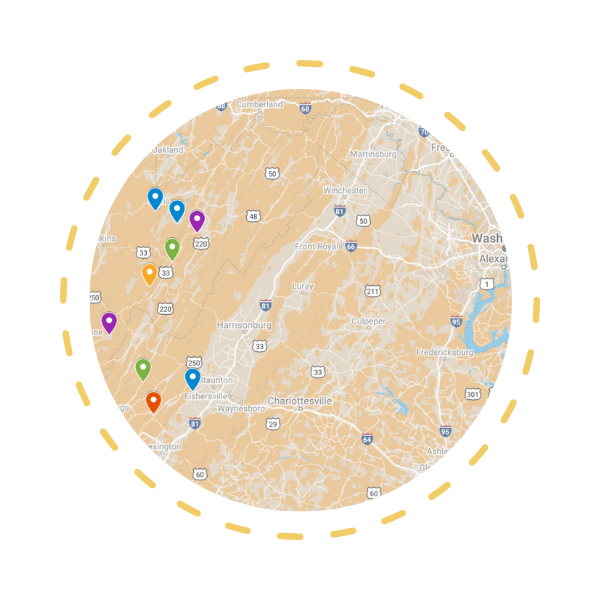
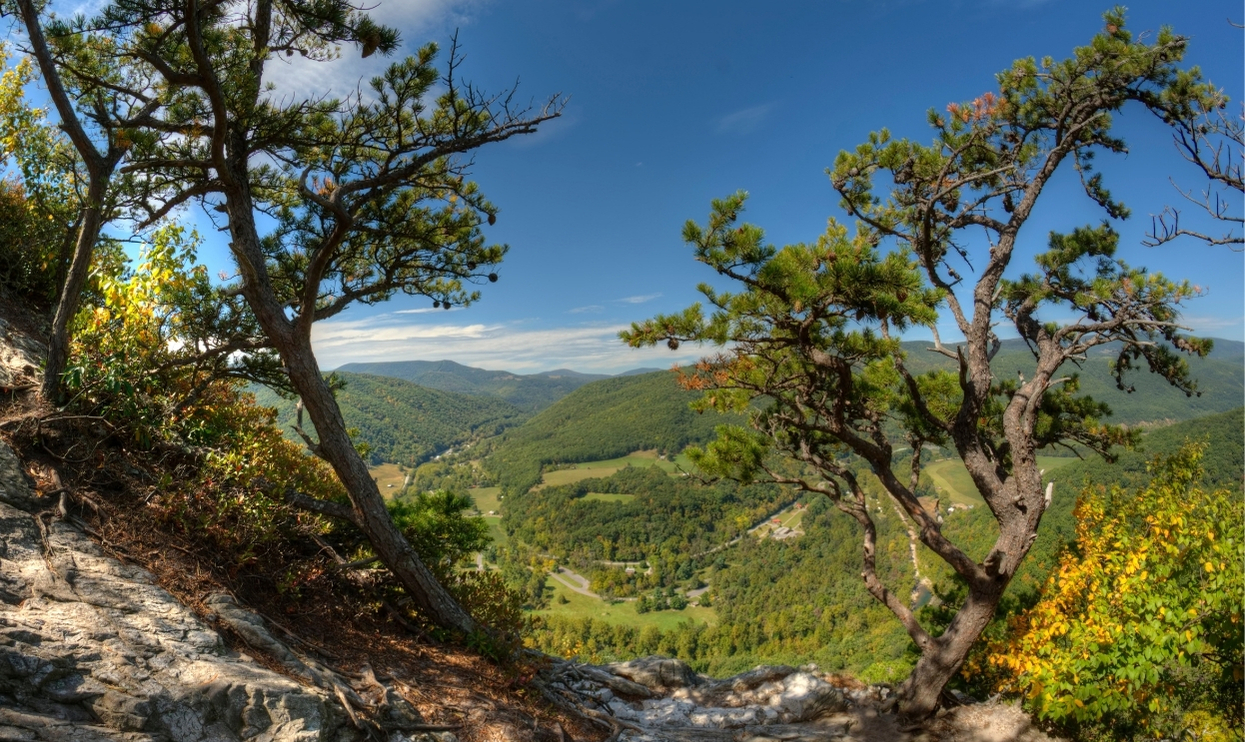
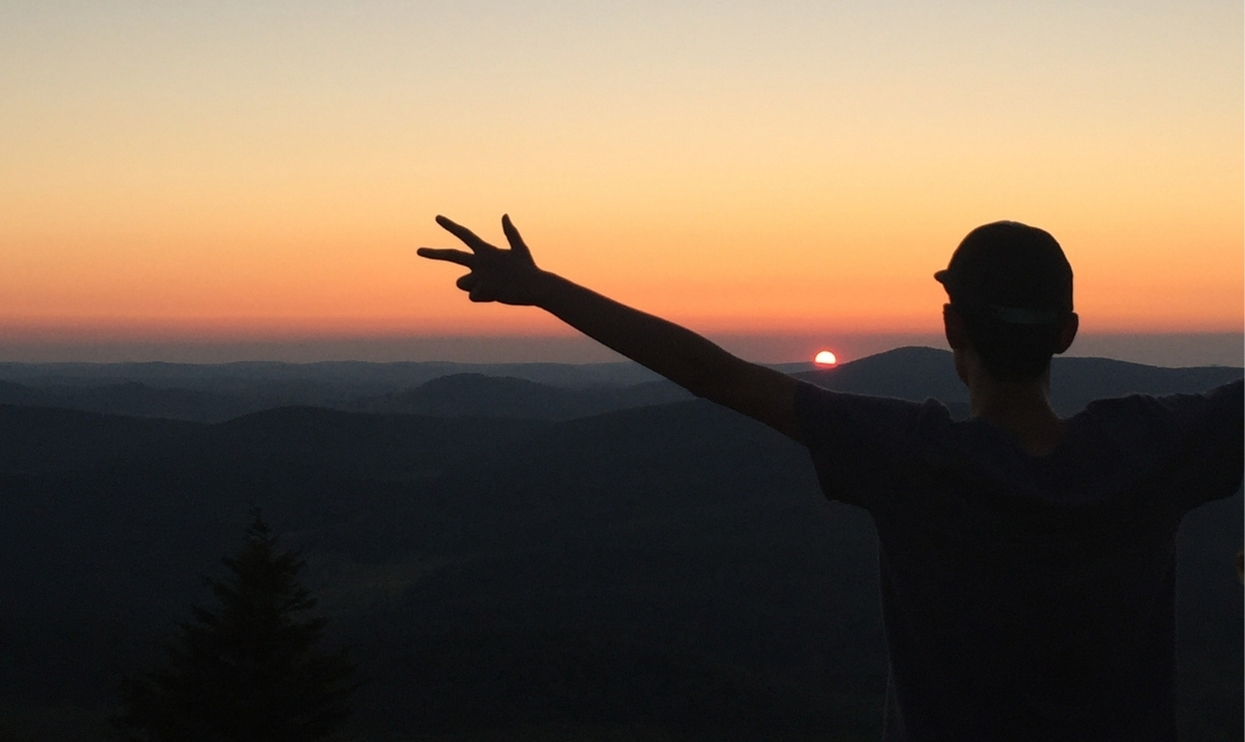
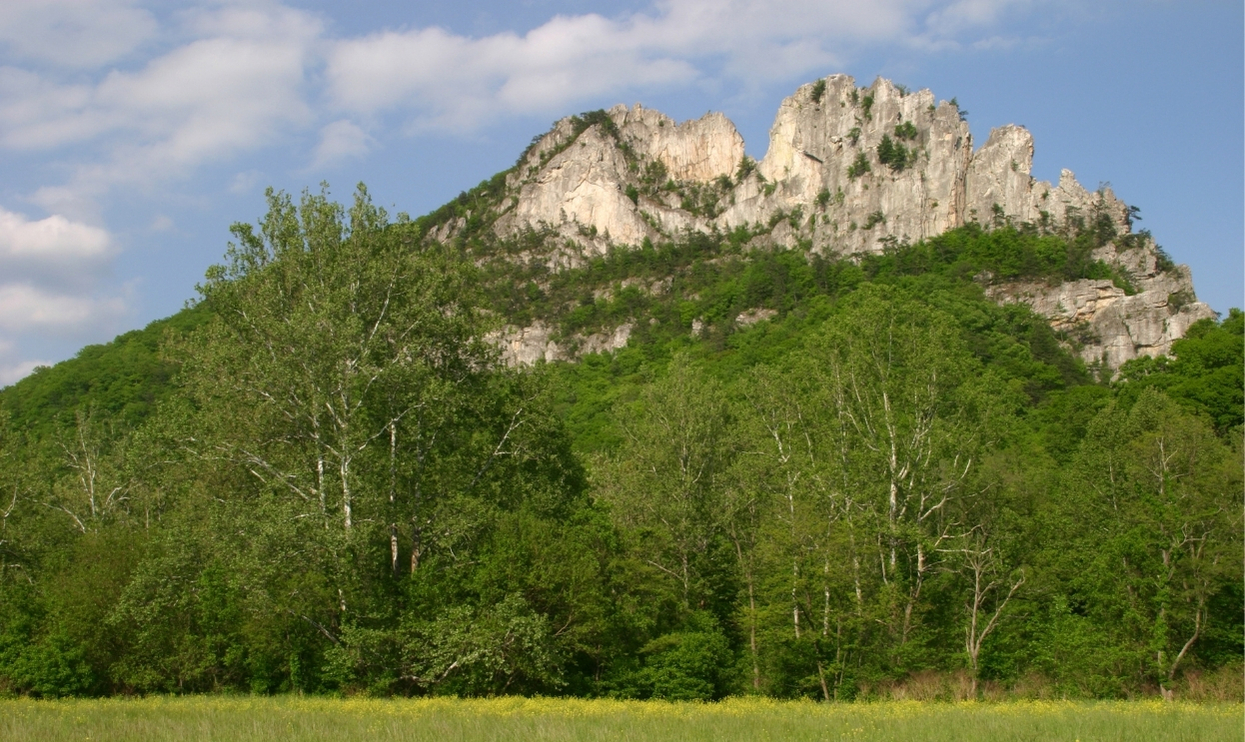
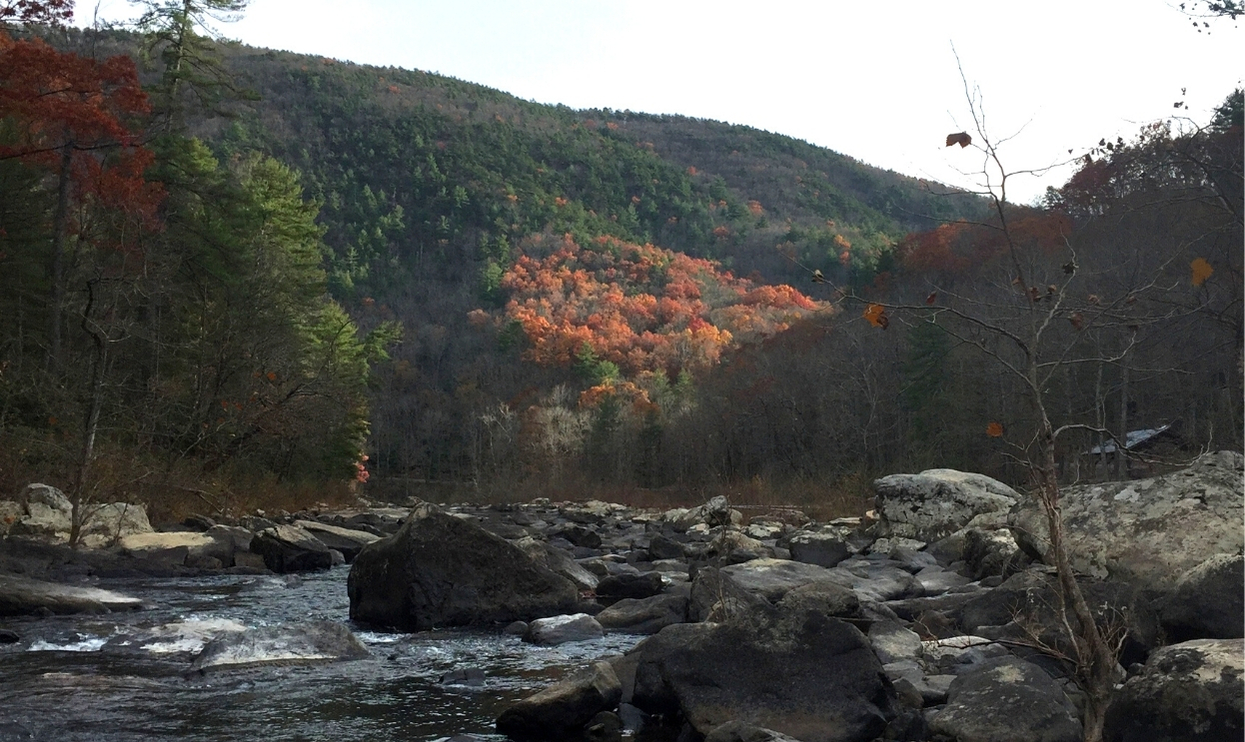
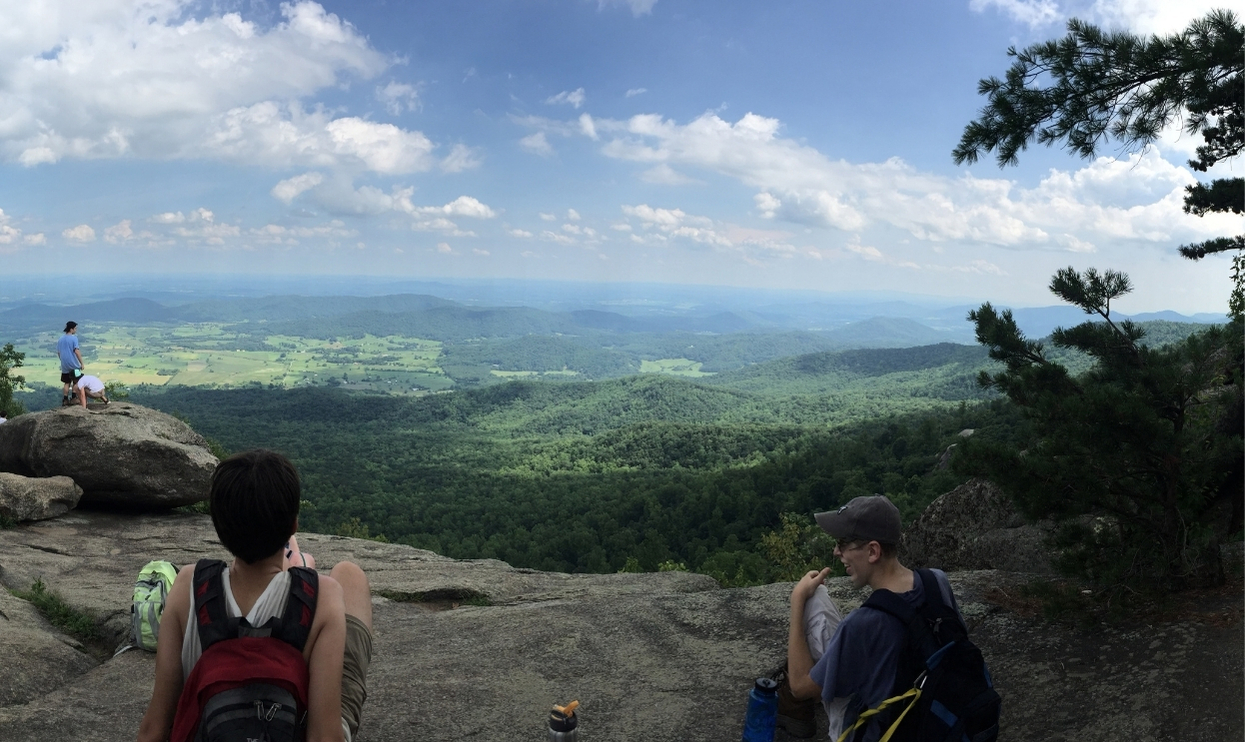
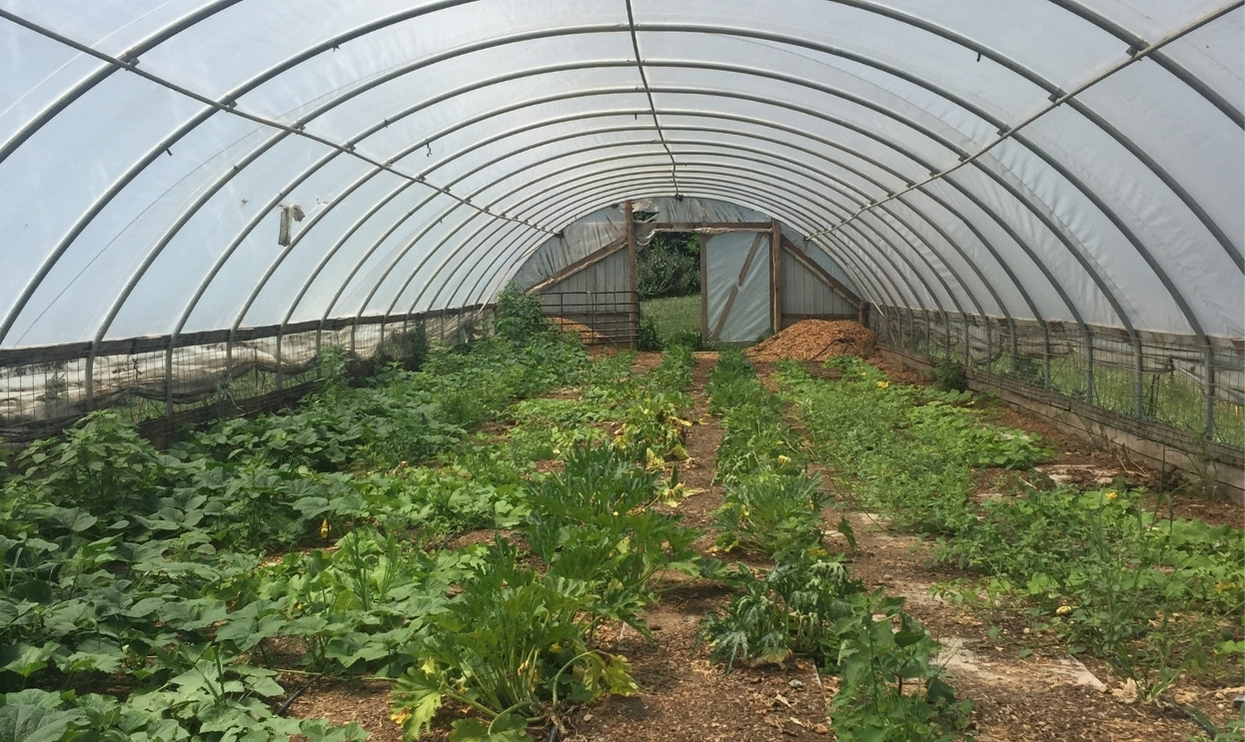
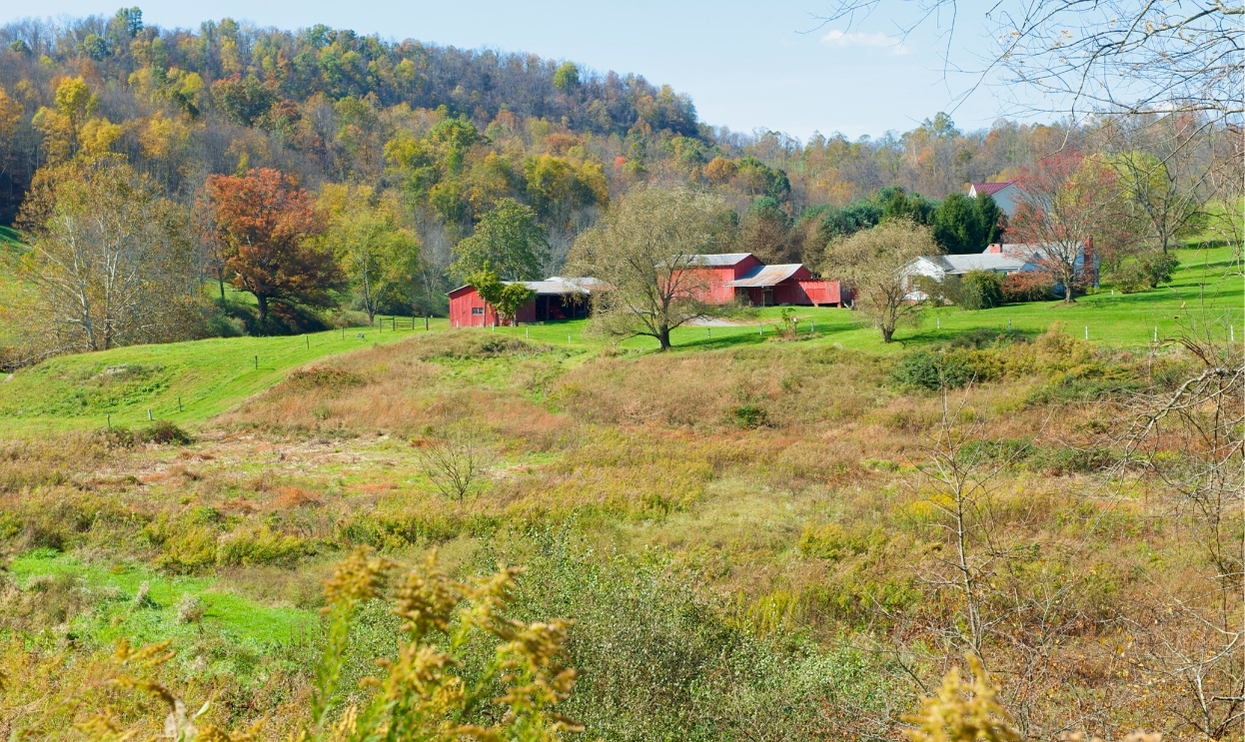

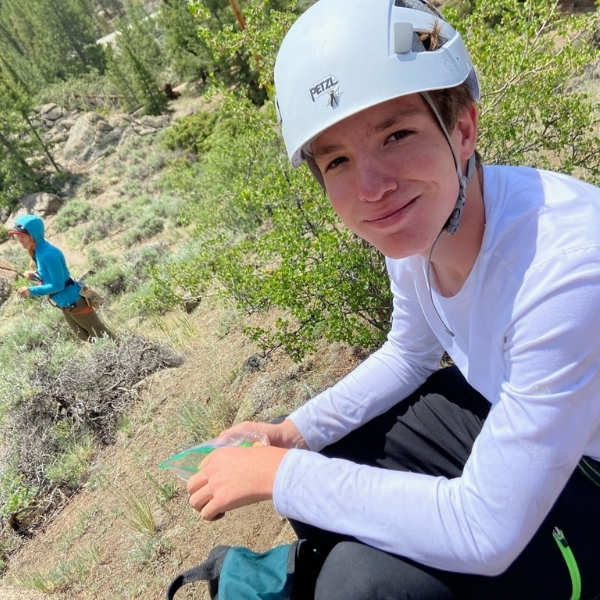
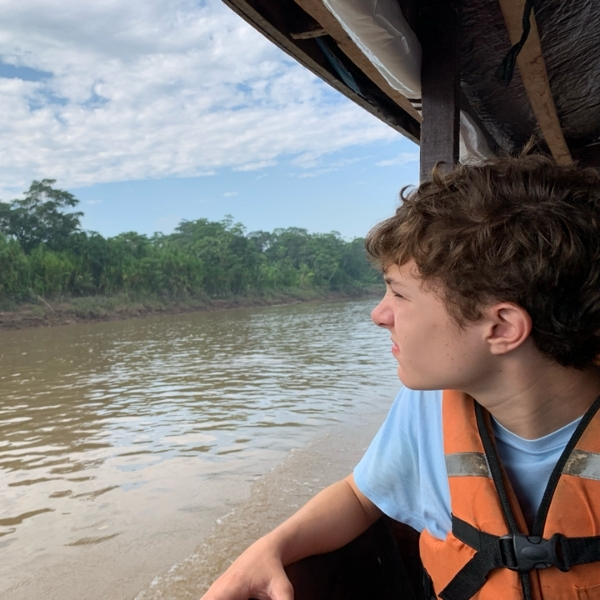
 Explore WLS
Student travel locations
Explore WLS
Student travel locations
